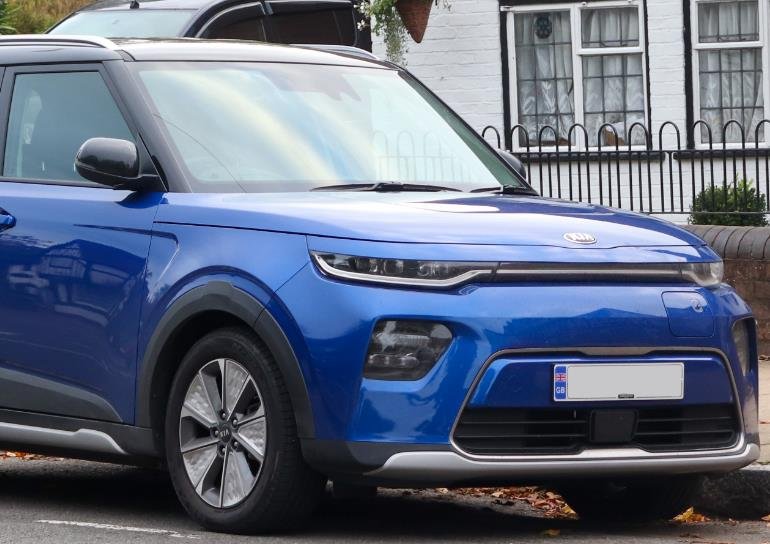Kia has achieved a significant milestone by completing Hyundai Motor Group’s first electric vehicle (EV) manufacturing facility in Gwangmyeong, South Korea. This state-of-the-art plant, known as the Kia Gwangmyeong EVO Plant, is dedicated solely to the production of electric vehicles, marking a major step forward in Kia’s electrification journey. The facility is designed with eco-friendly and worker-friendly elements, reflecting Kia’s commitment to sustainability and innovation. This article explores the details of the new plant, its impact on the EV market, and Kia’s future plans.

A Landmark Achievement in EV Manufacturing
The completion of the Kia Gwangmyeong EVO Plant represents a landmark achievement for Kia and Hyundai Motor Group. The plant, built on a 60,000 square-meter site, has an annual production capacity of 150,000 units. It will initially produce the EV3, a compact all-electric SUV, and the upcoming EV4, a mid-sized electric sedan. The facility’s construction involved a significant investment of 401.6 billion won (approximately USD 304.2 million), highlighting Kia’s commitment to advancing its EV capabilities.
The plant’s design focuses on maximizing change through minimal expansion, taking into consideration its urban location and environmental factors. This approach ensures that the facility operates efficiently while minimizing its impact on the surrounding area. The plant also incorporates advanced automation technologies, including automated guided vehicles (AGVs) that transport parts and supplies, enhancing both productivity and worker safety.
Kia’s investment in this dedicated EV plant underscores its strategic vision of becoming a leader in the electric vehicle market. By focusing on sustainable mobility solutions, Kia aims to drive innovation and contribute to a greener future.
Impact on the EV Market
The establishment of the Kia Gwangmyeong EVO Plant is expected to have a significant impact on the EV market. With the capacity to produce 150,000 units annually, the plant will play a crucial role in meeting the growing demand for electric vehicles. The production of the EV3 and EV4 models will expand Kia’s EV lineup, offering consumers more choices in the electric vehicle segment.
The EV3, a compact all-electric SUV, is designed to appeal to urban drivers seeking a sustainable and efficient vehicle. Its production at the new plant will enable Kia to meet the increasing demand for compact EVs, particularly in densely populated areas. The upcoming EV4, a mid-sized electric sedan, will further diversify Kia’s EV offerings, catering to a broader range of consumer preferences.
Kia’s focus on eco-friendly manufacturing practices at the Gwangmyeong EVO Plant aligns with global trends towards sustainability and environmental responsibility. By adopting green technologies and minimizing the plant’s environmental footprint, Kia is setting a benchmark for the automotive industry. This commitment to sustainability is expected to enhance Kia’s brand reputation and attract environmentally conscious consumers.
Future Prospects and Strategic Initiatives
Looking ahead, Kia has ambitious plans to expand its EV production and continue its leadership in the electric vehicle market. The Gwangmyeong EVO Plant is just the beginning of Kia’s broader strategy to increase its EV production capacity and develop new models. The company is also investing in research and development to advance battery technology and improve the performance and range of its electric vehicles.
Kia’s collaboration with Hyundai Motor, Hyundai Steel, and Ecopro BM to develop cathode material technology for lithium iron phosphate (LFP) batteries is a key part of this strategy. This joint project aims to enhance the efficiency and sustainability of EV batteries, supporting Kia’s goal of providing high-quality and environmentally friendly vehicles.
In addition to expanding its EV lineup, Kia is exploring new markets and opportunities for growth. The company plans to introduce its electric vehicles in more regions, leveraging the global shift towards sustainable transportation. By staying at the forefront of EV innovation and maintaining a strong focus on sustainability, Kia is well-positioned to lead the automotive industry into a greener future.
















